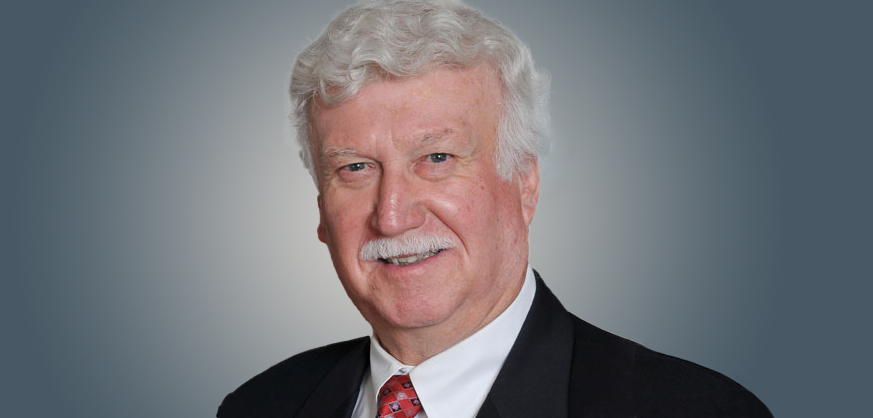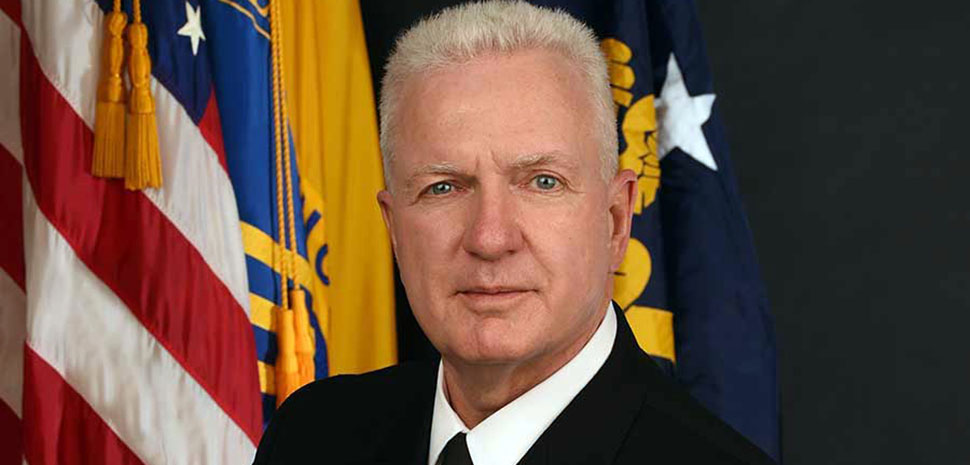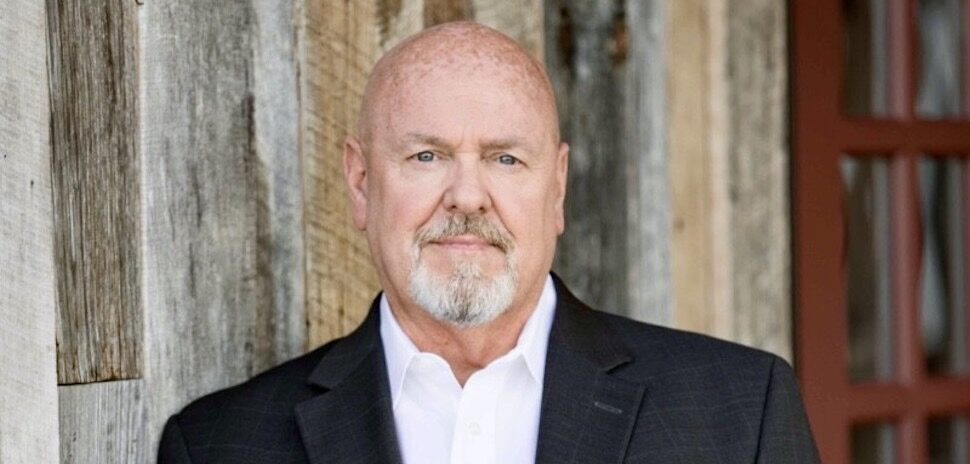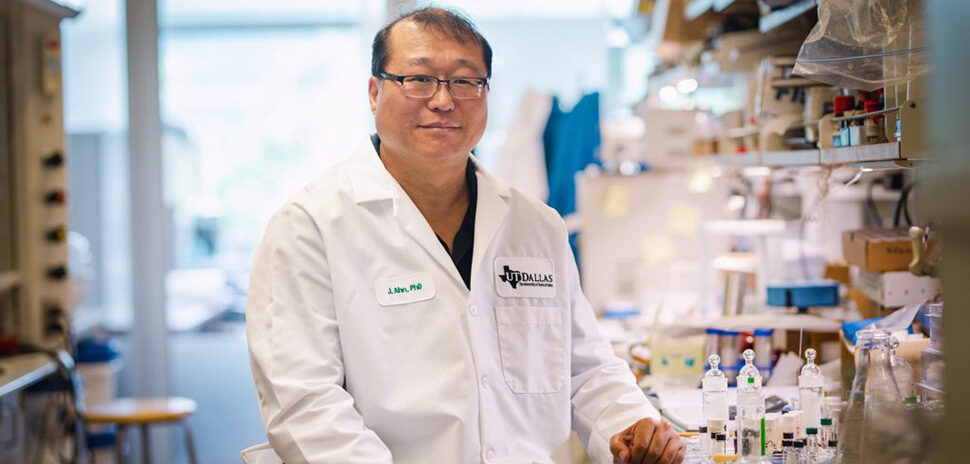Fort Worth-based NanOlogy has completed the enrollment of 18 patients in a Phase 2a trial for its proprietary particle drug delivery with standard-of care therapy in nonoperable lung cancer patients.
Lung cancer is the most lethal form of cancer with the highest mortality rate, according to the biotech, which aims to improve the treatment of cancer with its tumor-directed technology. There were an estimated 1.8 million deaths globally and around 2.2 million new cases by the end of 2020 alone, it said, citing GLOBOCAN statistics.
Preliminary results are encouraging, the biotech reports. The tech-based particle delivery of the chemotherapy drug—known as IT LSAM-PTX, or intratumoral large surface area microparticle paclitaxel—is “well tolerated” with signs of tumor and immune response, NanOlogy said in a news release. Final data and clinical study report are expected by Q3 in 2023.
Safety is the primary outcome measure for the trial, NanOlogy said. Other measures include plasma paclitaxel concentration, tumor response, survival, and immune response.
The biotech plans more clinical research in lung cancer to evaluate its LSAM investigational drugs combined with immune checkpoint inhibitors. Nanology says these ICIs are “rapidly becoming a standard of care” for treating lung cancer and are “often combined with other agents to increase response.”
Nanology’s nanoscale drug delivery tech
The clinical-stage oncology company’s nanoscale drug delivery tech tackles cancer by sending chemoimmunology agents directly to a tumor.
The biotech was formed in 2015 by Fort Worth-based private investment and development group DFB Pharmaceuticals in cooperation with two other companies — CritiTech and US Biotest. The company is led by representatives from each company.
Toxicity of cancer drugs can limit treatment, DFB Pharmaceuticals and NanOlogy Chairman and CEO Paul Dorman has said, depending on how much a patient’s body can tolerate. The company’s platform aims to keep cancer drugs at a therapeutic level using nanoparticles. Its patented submicron particle technology is an advanced cancer treatment that can release slowly to give drugs more time to work effectively.
To date, NanOlogy says that clinical programs have advanced its tumor-directed large surface area microparticles—or LSAM—in multiple solid tumors including pancreas, lung, bladder, peritoneal, ovarian, prostate, and dermal cancers. The company reports that more than 170 patients have been treated across its clinical trials “with signals of tumor and immune response and no confirmed drug-related serious adverse events.”
![]()
Get on the list.
Dallas Innovates, every day.
Sign up to keep your eye on what’s new and next in Dallas-Fort Worth, every day.


































































